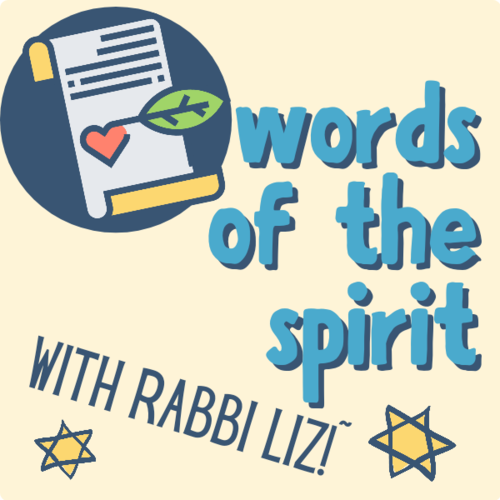Going and Learning and Coming Back to Retell
02/04/2025 11:00:04 PM
| Author | |
| Date Added | |
| Automatically create summary | |
| Summary |
Going and Learning and Coming Back to Retell
Tze ulemad. Go and learn.
This is how the “long” section of the Exodus story begins in the traditional Haggadah. After the initial blessings and rituals and songs, including the Four Questions and the first “short” answers, the retelling of the escape from Mitzrayim is retold.
As attached as I was as a child to the songs and rituals of the seder, the section that recounted how the story was told and debated back in early, early days of rabbinic Judaism was – truthfully - enigmatic and a little boring. Occasionally, my zayde (my mother’s father) would break out into a lively tune, interrupting the sing-song chant of the dense Hebrew text, filled with rabbis’ names. No Miriam, not even Moses, no discussions; yet still I was captivated, and motivated, to find myself in the story.
I learned. Then, since then, and now. But I also engaged in that first verb’s actions. I went out. I moved in many circles where I was the only Jew, or the only anglophone. I sang in churches, performed in foreign languages. I learned from teachers with whom I disagreed or questioned and differed from their assumptions. I traveled, including many trips to the land of Israel.
I’ve visited the ancient sites, climbed the mountains, trekked in the desert; learned from Palestinians in Israel and in the Occupied Territories, from Jewish settlers, from secular as well as observant teachers of Talmud; shopped, bussed – both Israeli and Palestinian; took taxis – ditto - trains, rented cars, walked and walked and walked; attended conferences, celebrated Shabbat, holidays, simchas; walked some more.
For the second time during Passover, I’ll be in our ancestral land, in many ways specifically to go and learn what is happening in the state. I suppose one could say that’s what I was doing the first time I went, in the summer of 1973. I went and I most certainly learned, but the learning was not necessarily what my Talmud Torah teachers would have expected. I came home with the righteous indignation of a politically minded teenager turned off and deterred from the romantic attachment of my youth, fuming at what I had observed about the racism towards Mizrachi Jews, and didn’t return for another 15 years.
Then began a sequence of trips, some organized, some personal. Some of the organized trips were called “missions,” such as a trip of mostly Reform Rabbis during the Second intifada in the winter of 2001; another with Reconstructionist rabbis in 2014 that ended up being significantly affected by the incursion into Gaza known as Operation Protective Edge. It was the summer of the kidnapping and killing of three yeshiva students in the west bank, followed by the revenge killing of a young Israeli Palestinian boy. Both of those times, I went, I learned, I came back and told stories.
While this trip is not an organized trip, for me it is akin to a mission. To go and see, to witness the massive demonstrations numbering in the hundreds of thousands, the relentless protest actions of the hostage families, the resistance to the war as well as to the destruction being wrought within the territories, as documented in the Oscar-winning documentary No Other Land. I was able to see the film during a short run here in Ottawa. I visited that area in 2016, specifically the village of Susiya, the home village of one of the filmmakers who was attacked there by settlers scant weeks after returning from the award ceremony in the U.S.
This time, I am not counting on revisiting the Masafer Yatta area, or traveling to Hebron, where a recent mission of Liberal rabbis from Britain was set upon by settlers. While it’s possible I may be able to do so, I intend to remain safe precisely because I want to go and learn and come back to retell.
We are living through an epoch of tremendous upheaval, with layers of resonance that cross over and weave between multiple stories, nations, and epochs, much like the narrative of the hagaddah. So count on me to tell you about my trip when I return. Wish me good travels and good learning, as I wish you all a sweet and meaningful pesach.
Rabbi Liz
Mon, 16 June 2025
Special Messages from the Rabbi
Privacy Settings | Privacy Policy | Member Terms
©2025 All rights reserved. Find out more about ShulCloud







